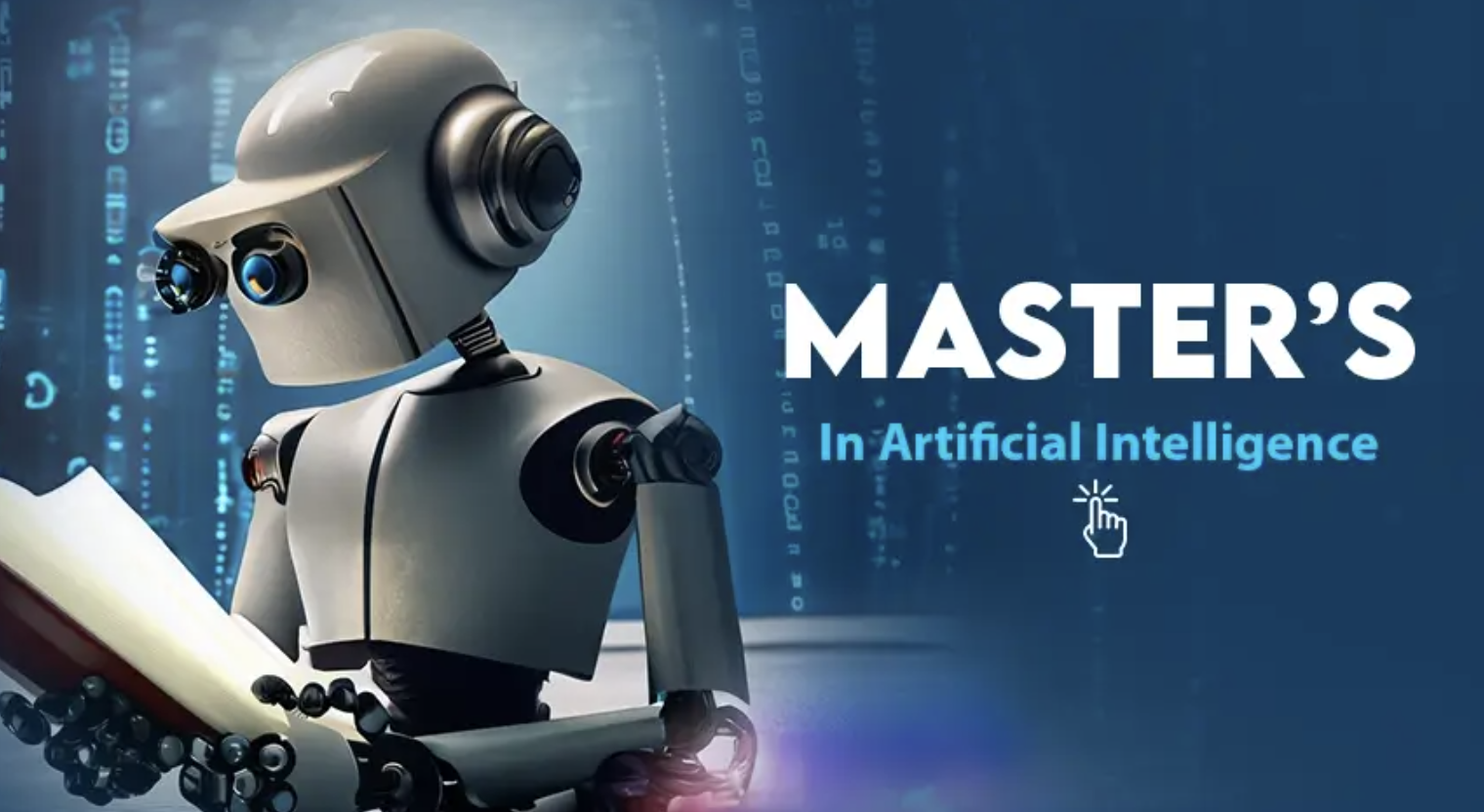Monopoly, 911 and a MIT Report. Let's look at what happened in AI this week.

Hey Ai5ers,
This week's Ai5, the world of AI is buzzing with legal shakeups, breakthrough research, and bold perspectives on the future of technology. Dive in to explore headline grabbing lawsuits, dualities of genuine innovation versus hype, and fresh reports that reveal how AI is reshaping industries and everyday life.
Happy reading!
Today's Ai5:
-
🤬 X and xAI sue Apple and OpenAI
-
🫧 AI's nature: Genuine innovation amid localised bubbles
-
👀 How a 16-year-old company is easing small business into AI
-
🤓 911 centers are so understaffed, they're turning to AI to answer calls
-
☝️ MIT report: 95% of generative AI pilots at companies are failing
Prompt of the Day 🎨

The prompt:
A photorealistic image of a female UFC fighter in a boxing stance inside an arena. She looks intense and determined, with visible sweat on her skin. She has realistic fight damage: a cracked lip with some blood, a cut around her eye, and a small cut on her cheek. She is wearing a black sports tank top with bold text that reads: “Here’s to Labor Day.” The lighting is dramatic, with a spotlight highlighting her face and upper body against a dim, blurred gym or cage background.
Delivery X and xAI sue Apple and Open AI 🤬

Elon Musk’s X and xAI are taking on Apple and OpenAI, accusing the tech giants of an AI monopoly to crush their competition.
A lawsuit by the companies filed in a Texas federal court claims the exclusive partnership between Apple and OpenAI to put ChatGPT on the iPhone is a calculated move by “two monopolists joining forces to ensure their continued dominance.”
The deal to integrate ChatGPT deep into Apple’s operating system makes the world’s most renowned AI assistant currently the one and only to be able to control core iPhone features; effectively locking out rivals like xAI’s own chatbot, Grok.
The lawsuit claims this denies users a fair choice, ironically quoting an OpenAI strategy document that states, “Real choice drives competition and benefits everyone. Users should be able to pick their Al assistant.”
AI's dual nature: Genuine innovation amid localised bubble 🫧

AI’s growing dominance in the world, whether it be reshaping industries’ workflows or influencing investor portfolios, is redefining how society and economies evolve. Of course, the hype and buzz around AI has been and is hard to ignore, but the question is, does this hype often overshadow the real challenges and limitations of AI?
The question remains – is AI a bubble? A bubble refers to when the price of an asset, like a stock or share, and sometimes, even a whole industry, grows in financial value much higher than its actual worth. This typically happens due to overexcitement and investors “following the crowd,” rather than basing decisions on true factors like demand and profits.
Although AI companies claim to be creating real value right now, compared to infrastructure investments being made, only a few are enjoying profitable margins, like Microsoft and Nvidia.
How a 16-year-old company is easing small business into AI 👀

Amid all the “is this a bubble?” talk about artificial intelligence, the supply chain and logistics industries have become breeding grounds for seemingly genuine uses of the technology. Flexport, Uber Freight, and dozens of startups are developing different applications and winning blue-chip customers.
But while AI helps Fortune 500s pad their bottom line (and justify the next layoff to Wall Street), the right use of the tech is proving useful to smaller businesses.
Netstock, an inventory management software company founded in 2009, is working on just that. It recently rolled out a generative AI-powered tool called the “Opportunity Engine” that slots into its existing customer dashboard. The tool pulls info from a customer’s Enterprise Resource Planning software and uses that information to make regular, real-time recommendations.
Netstock claims the tool is saving those businesses thousands. On Thursday, the company announced it has served up 1 million recommendations to date, and that 75% of its customers have received an Opportunity Engine suggestion valued at $50,000 or more.
911 centers are so understaffed, they're turning to AI to answer calls 🤓

When Max Keenan joined Y Combinator’s summer 2022 batch, he was working on Aurelian, a company that automated appointment bookings for hair salons. But less than a year later, a conversation with one of his clients led him to a far more significant problem.
A nearby school’s carpool line was constantly blocking the parking lot of one of Aurelian’s hair salon clients. The salon owner called the city’s non-emergency line and was put on hold for 45 minutes before reaching a dispatcher. “She called me into her office afterwards, and was like, ‘Max, do you want to help me out?’” Keenan told TechCrunch.
When he started to research how municipal non-emergency response call centers work, he discovered that they are often handled by the same people who are answering actual 911 emergencies.
Aurelian pivoted to building an AI voice assistant that helps 911 call centers offload non-emergency call volume. The company announced on Wednesday that it raised a $14 million Series A led by NEA
MIT report: 95% of generative AI pilots at companies are failing ☝️

Companies are betting on AI—yet nearly all enterprise pilots are stuck at the starting line.
The GenAI Divide: State of AI in Business 2025, a new report published by MIT’s NANDA initiative, reveals that while generative AI holds promise for enterprises, most initiatives to drive rapid revenue growth are falling flat.
Despite the rush to integrate powerful new models, about 5% of AI pilot programs achieve rapid revenue acceleration; the vast majority stall, delivering little to no measurable impact on P&L. The research—based on 150 interviews with leaders, a survey of 350 employees, and an analysis of 300 public AI deployments—paints a clear divide between success stories and stalled projects.
The data also reveals a misalignment in resource allocation. More than half of generative AI budgets are devoted to sales and marketing tools, yet MIT found the biggest ROI in back-office automation—eliminating business process outsourcing, cutting external agency costs, and streamlining operations.
Full article by Sheryl Estrada
SealedScan:
One scan can save time, stress, and even lives.
> Learn More <
Snack Sized 5 🍪
1️⃣ New study sheds light on what kinds of workers are losing jobs to AI (CBS News)
2️⃣ Here are the 33 US AI startups that have raised $100M (Rebecca Szkutak)
3️⃣ Video: AlphaBot 2.0 AI Full Body Humanoid Robot (YouTube)
4️⃣ 5 AI Advancements to Expect in the Next 10 Years (localghost)
5️⃣ AI or not, Will Smith's crowd video is fresh cringe (TechCrunch)
If you aren't getting Ai5 delivered to your email box, subscribe here:
📢 Share Ai5 with a friend! 📢
If you have any special requests, email us at [email protected].
© 2025 Prompting Intelligence. All rights reserved.








Responses